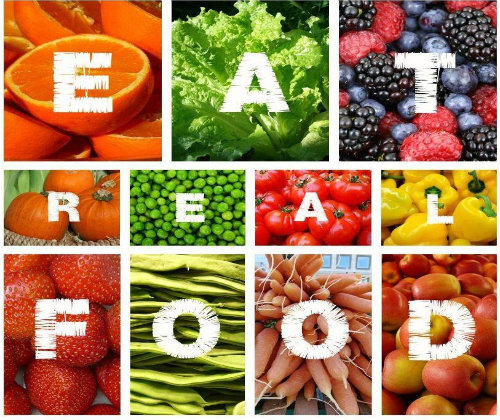Anxiety Types, Signs, and Symptoms
Do you know anyone with any of these symptoms? They are real, please do not dismiss them. Just listening without offering a solution may be the best thing you can do for your loved one today. You never know someone else’s battles so judgements are harsh and unnecessary. Spread love and light and educate yourself. They obviously trusted you enough to confide in you, don’t waste that moment you have to just love them. It may save a life…
Generalized Anxiety Disorder
People with generalized anxiety disorder display excessive anxiety or worry for months and face several anxiety-related symptoms.
Generalized anxiety disorder symptoms include:
Restlessness or feeling wound-up or on edge
Being easily fatigued
Difficulty concentrating or having their minds go blank
Irritability
Muscle tension
Difficulty controlling the worry
Sleep problems (difficulty falling or staying asleep or restless, unsatisfying sleep)
Panic Disorder
People with panic disorder have recurrent unexpected panic attacks, which are sudden periods of intense fear that may include palpitations, pounding heart, or accelerated heart rate; sweating; trembling or shaking; sensations of shortness of breath, smothering, or choking; and feeling of impending doom.
Panic disorder symptoms include:
Sudden and repeated attacks of intense fear
Feelings of being out of control during a panic attack
Intense worries about when the next attack will happen
Fear or avoidance of places where panic attacks have occurred in the past
Social Anxiety Disorder
People with social anxiety disorder (sometimes called “social phobia”) have a marked fear of social or performance situations in which they expect to feel embarrassed, judged, rejected, or fearful of offending others.
Social anxiety disorder symptoms include:
Feeling highly anxious about being with other people and having a hard time talking to them
Feeling very self-conscious in front of other people and worried about feeling humiliated, embarrassed, or rejected, or fearful of offending others
Being very afraid that other people will judge them
Worrying for days or weeks before an event where other people will be
Staying away from places where there are other people
Having a hard time making friends and keeping friends
Blushing, sweating, or trembling around other people
Feeling nauseous or sick to your stomach when other people are around.
Evaluation for an anxiety disorder often begins with a visit to a primary care provider. Some physical health conditions, such as an overactive thyroid or low blood sugar, as well as taking certain medications, can imitate or worsen an anxiety disorder. A thorough mental health evaluation is also helpful, because anxiety disorders often co-exist with other related conditions, such as depression or obsessive-compulsive disorder.
http://www.nimh.nih.gov/health/topics/anxiety-disorders/index.shtml

